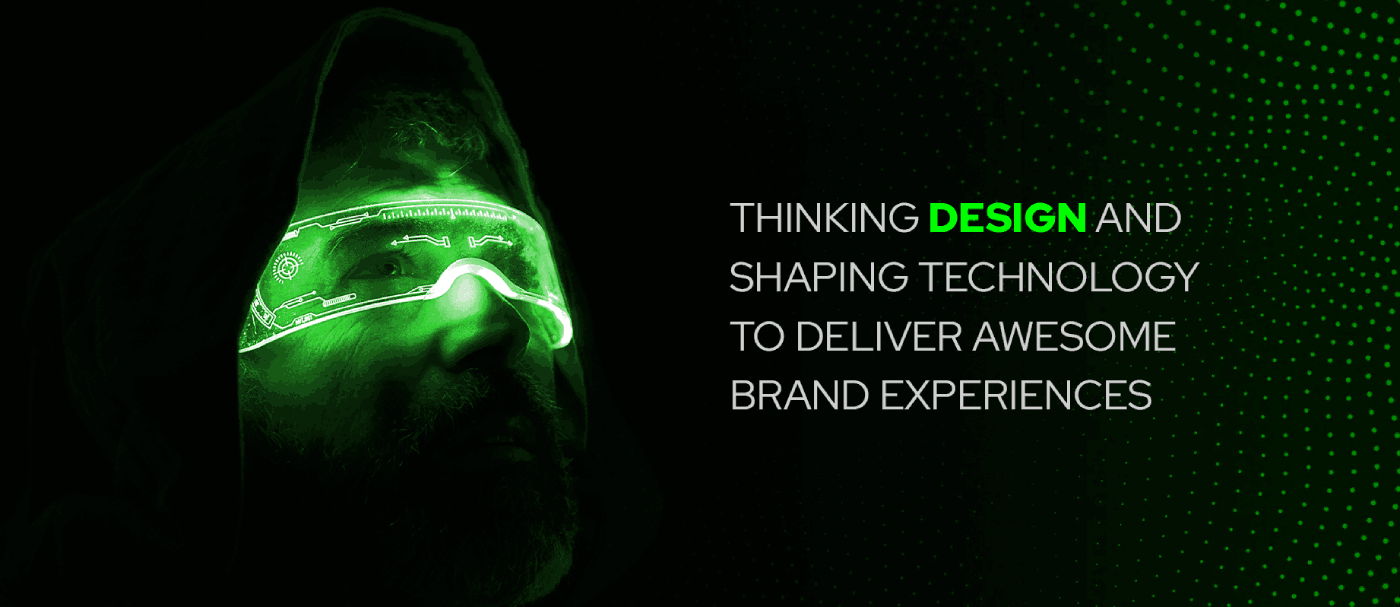

The Customer Relationship Management software solution or commonly used in its abbreviated form in today’s parlance – CRM, is one the earliest technology-driven tools to manage and foster customer relationships with the intent to retain customers and increase revenues.
With the passing of time, the CRM has evolved into a must-have tool for enterprises that seek to improve efficiency in sales and marketing processes and eliminate silos among team members.
SMEs and particularly startups have the best of breed of CRMs to choose from. New engagement models with CRM solution providers have made it easier to implement a CRM that fits the budget.
A CRM has the ability to capture, curate, share and create meaning out of customer data available across multiple channels of contact namely the web site, social media, customer care center, mobile app, direct sales, direct mail and devices at retail locations.
A customer’s information, details of buying preferences and frequency of purchase, product likes, dislikes can be processed into and accessed from a single central system. There are components to the solution
Lead Management
The most used component of the CRM is the Lead Management feature. Lead management is essential for sales teams to generate leads, capture them, filter them and finally nurture them.
A CRM will help determine the performance of each channel such as websites, mobile apps, social media, customer care center for lead management. A score can be assigned to a lead to indicate the importance of the lead.
Sales automation
The CRM replaces manual actions with automated processes. The sales funnel can be monitored in real time by various levels in the sales function and by extended teams.
Processes such as sales call management, integrating calendar information, scheduling meetings can be automated by the CRM. With the CRM, track where the customer is in the sales life cycle.
Marketing automation
The inside sales team find this feature productive as it automates and provides a birds-eye view of the email and social media campaigns that are running simultaneously. Email campaigns and responses to customer emails with ‘if & then’ rules can be mapped for scheduling.
Sales leads are distributed to the respective sales team members by setting rules to the software. The efficacy of newsletters, email campaigns can be measured. Campaigns can also be tested among small groups before going live.
Social CRM
What makes todays CRM relevant is the capability to engage with customers on popular Social Media. Conversation and feedback can be harnessed by engaging with consumers in a slightly informal way. This dynamic and the reputation of the brand can be tracked.
Analytics
Processed data is required to make informed business decisions. CRM analytics is used to predict future buying trends and market segments, pricing strategies and improving customer experience.
There are various considerations when selecting a CRM for your company.
Size of the team
The choice of a CRM largely depends on the features that your enterprise finds necessary.
Large enterprises have complex challenges and require a CRM that is robust. These large enterprises require to automate processes among teams and support a multitude of projects that are diverse in nature. The benefits of the CRM for a large and small enterprise remain the same.
On the other hand, small enterprises and start-ups have access excess to new CRM providers with engagement models such as a pay per user basis. They provide a hygiene set of features that get you started immediately. These models are capital-light and provide scalability as and when needed.
Ease of Use
To build traction and a good user experience, the CRM has to be easy to use. The navigation and work flows must be simple and allow the user to learn the CRM without any challenges.
Flexibility & Scalability
Features such as being able to run Geo-location based campaigns or the capability to scale up from 100 leads to 100000 leads a month are some of thing are essential while considering a CRM.
Integrations
A CRM equipped with API integrations with marketing technologies such as marketing automation, artificial intelligence, marketing cloud can provide the necessary edge that you seek to optimize client relationships.
Implementation support by the CRM provider
SMEs and Start-ups do not have the necessary technology infrastructure to deploy a CRM. Today cloud services have made that easy. However, there are some critical questions that you must address before investing in a CRM
It’s always best to create a CRM checklist that details your company’s CRM needs. All in all, the CRM gets you up to speed on your customers’ engagement stages. Lastly, a successful CRM is the one that has accurate information flowing in the system.
Team members must input correct customer information to able to determine the effectiveness of the system. Enterprises will require to invest in continuous training programs for team members on the evolving features of CRM. Certain CRMs have built-in Gamification elements to motivate team members to use them.
The CRM is solution that has the sales and marketing team work towards common goals where there is shared accountability for the growth in revenues, acquisition and retention of customers.
Also Read: The Missing Link in your Market Data: Know Your Customers Better
(Disclaimer: This is a guest post submitted on Techstory by Amit Tandon, CEO of Genuus Brand Advisory. All the contents and images in the article have been provided to Techstory by the authors of the article. Techstory is not responsible or liable for any content in this article.)
